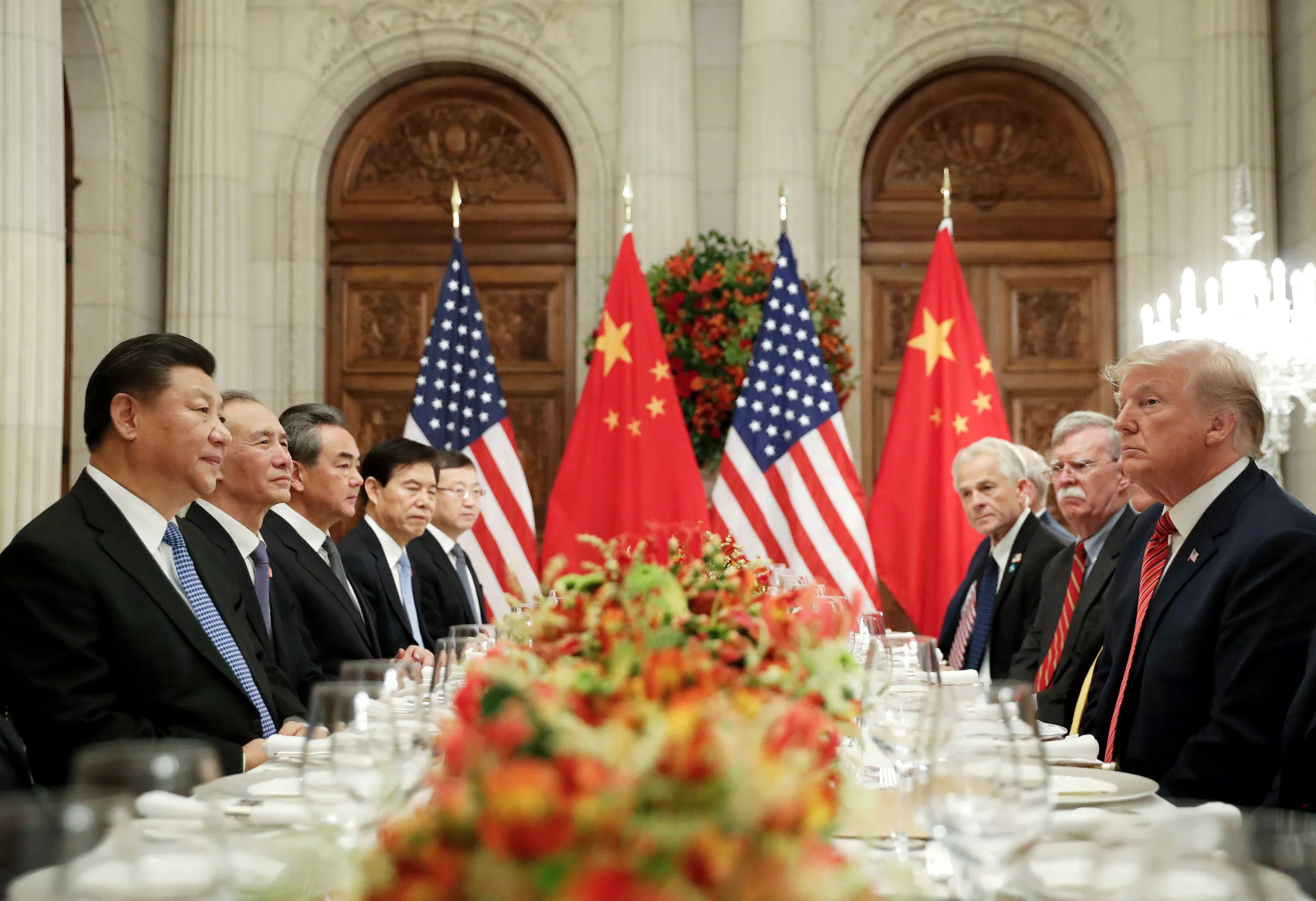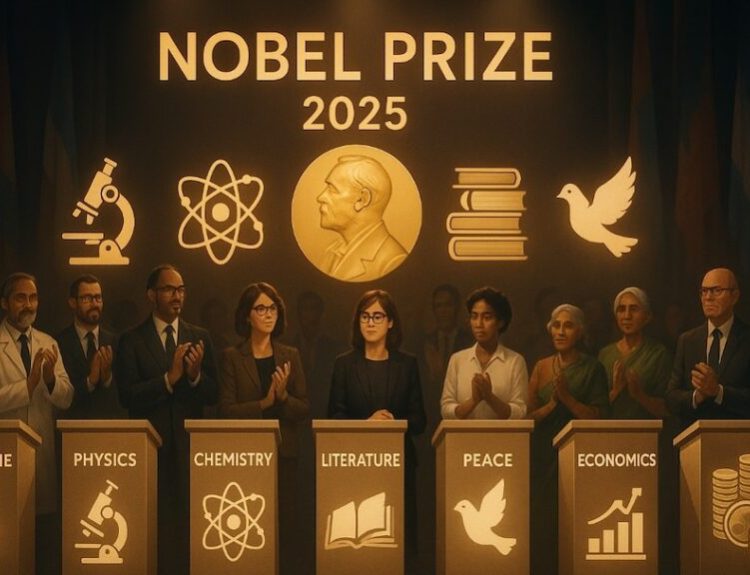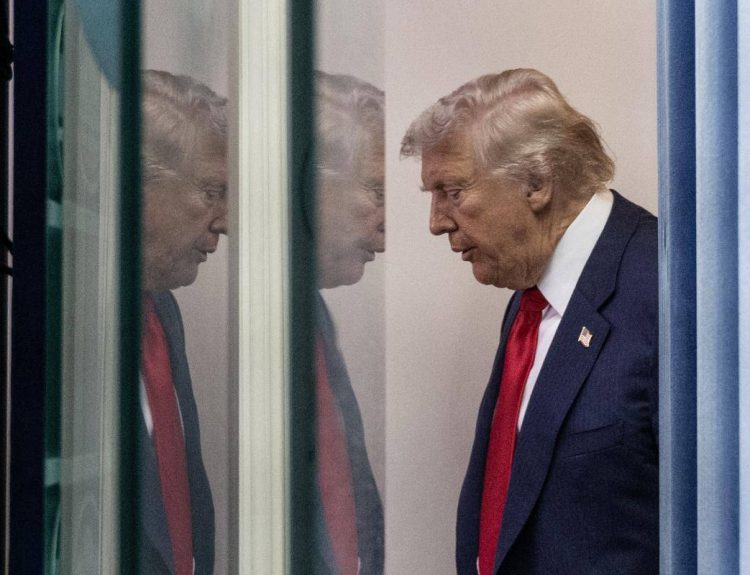Donald Trump’s second term continues to rewrite the map of American diplomacy, balancing spectacle, business, and strategic recalibration. Two developments—his likely absence from the 2025 Quad Summit in India and his earlier tour of the Middle East—offer a revealing window into how his administration is reshaping U.S. foreign policy priorities.
The Quad Question
The Quad—an alliance between the United States, India, Japan, and Australia—has become a cornerstone of Indo-Pacific strategy, counterbalancing China’s influence in the region. Trump’s reported decision to skip the upcoming summit in New Delhi has raised eyebrows among allies and analysts alike.
While the White House has not confirmed the reasons, the optics suggest a deliberate cooling of ties with India’s Prime Minister Narendra Modi. For New Delhi, this absence may be read as both a snub and an opening to assert greater independence in global positioning. For Washington, it signals a possible pivot away from multilateral frameworks toward more transactional, bilateral negotiations that Trump has long favored.
Middle East: Business First Diplomacy
Earlier this year, Trump embarked on a sweeping Middle East tour, visiting Saudi Arabia, Qatar, and the United Arab Emirates. The trip was less about symbolic alliances and more about deals. Reports estimate agreements and investments discussed during the tour could amount to as much as $4 trillion—spanning energy, defense, and infrastructure.
The administration also explored a controversial relaxation of sanctions on Syria, framing it as both a humanitarian step and a potential lever for economic re-engagement in the region. Critics see this as transactional diplomacy at its boldest: prioritizing immediate business and investment flows over longer-term democratic or security commitments.
Global Implications
Together, these two moves illustrate the essence of Trump’s foreign policy: retreat from global frameworks, advance on lucrative bilateral deals. For allies who seek predictability in American leadership, this creates unease. For rivals, it presents an opportunity to test the resilience of U.S. alliances.
The Power Lens
Behind these decisions is a consistent thread: Trump approaches foreign policy not as legacy-building diplomacy, but as an extension of deal-making. His calculus appears rooted in leverage, return, and spectacle. For investors and geopolitical strategists, this makes U.S. foreign policy less predictable—but potentially more profitable for those positioned at the crossroads of business and politics.
The Legacy Question
If the Quad weakens and the Middle East reorients around transactional ties, Trump’s imprint on global order will be profound. It would mark a shift away from America as guarantor of alliances toward America as a high-stakes negotiator—one willing to bypass multilateral traditions in pursuit of immediate gains.
Whether this strengthens U.S. power or diminishes its long-term influence will depend on how allies and adversaries respond to the recalibration now underway.



